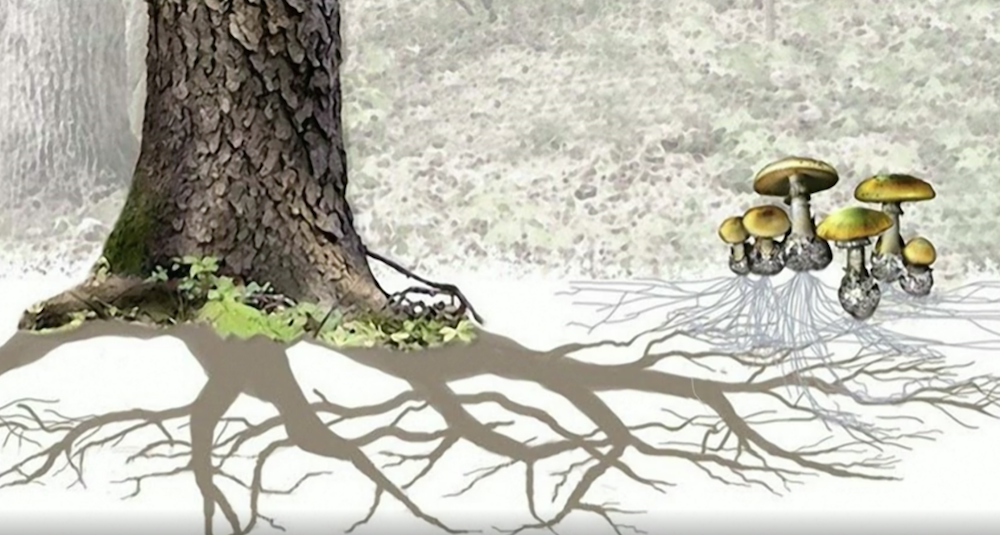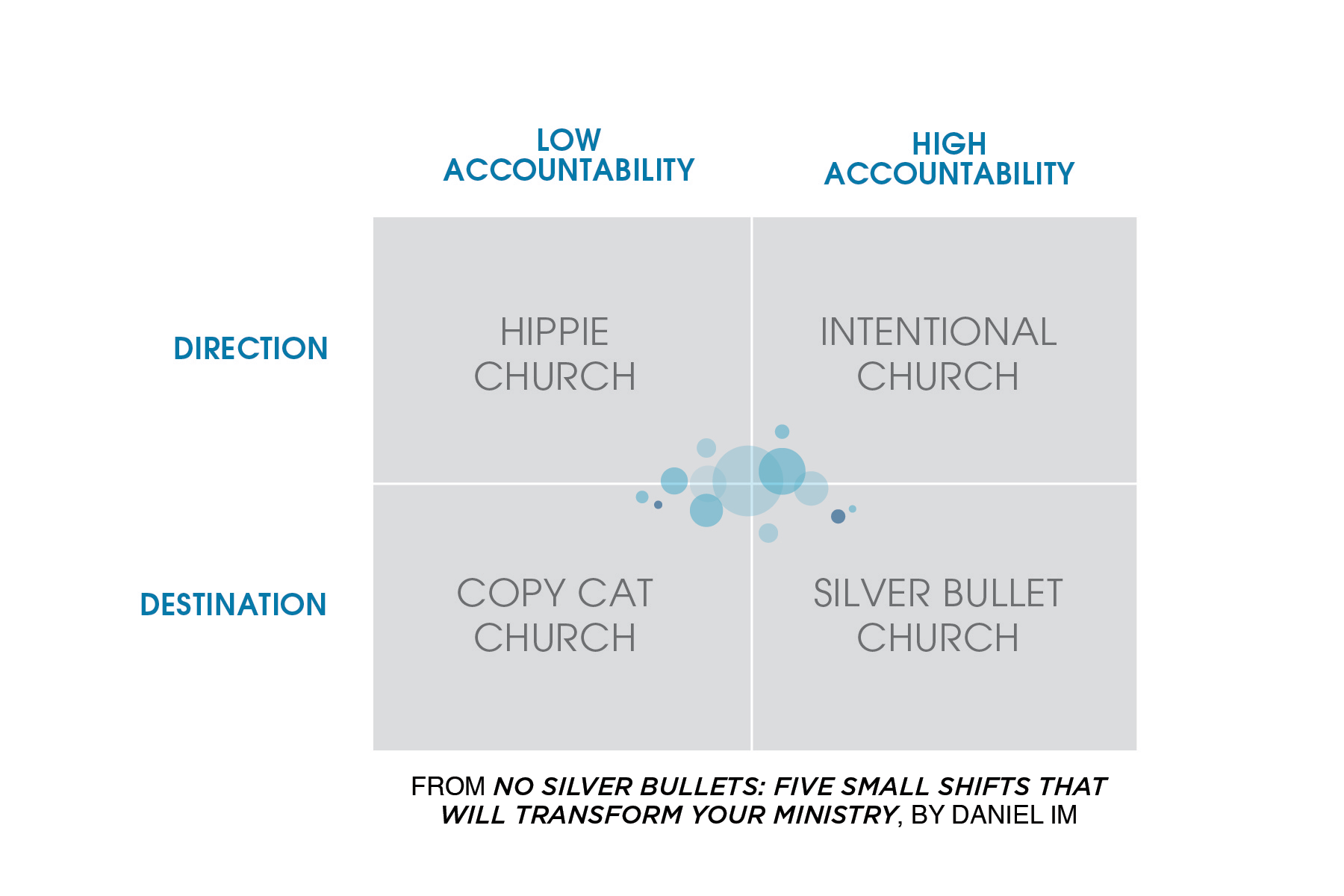In 1995, astronomers thought there were were only 3000 galaxies.
Close to 10 years later, they realized there were 10,000. And now, through the Hubble telescope, they are estimating 100 billion!
Consider the vastness of our solar system, and how intricately connected it is to each other and to other systems in the universe. If the sun were to die out, it would blow away half of its mass, inflate itself, and swallow the earth. After that, this would push Jupiter, Saturn, Uranus, and Neptune way out and off their orbit. And that’s just the tip of the iceberg…
Don’t you find it fascinating that one of the first things God created was in fact, a system? The solar system? The system of the universe?
This goes to show us that He is not anti-systems in anyway.
I recently came across another system that you might not have heard about…
I learnt about it from a TED talk on how trees talk to each other—the system is called a mycorrhizal network.
To put it simply, underground, forests are connected via fungal roots…by mushrooms.
This system is “so dense that there can be hundreds of kilometers of [these fungal threads called] mycelium under a single footstep.”

“And not only that, the mycelium connects different individuals in the forest, individuals not only of the same species but between species, like birch and fir, and it works kind of like the Internet.”
In other words, everything is so interconnected into a system that if one tree is not getting enough sun or nutrients, other related trees can pass on nutrients to them via this underground system!
I wonder if this is what Paul was talking about when he said in Romans 1:20 that God’s “invisible attributes, that is, his eternal power and divine nature, have been clearly seen since the creation of the world, being understood through what he has made.”
If that’s the case, then God reveals himself to us not only through what he’s made, but also through the systems that he made that interconnect what he’s made to one another.
I feel like this nuance of God’s character and attributes is often skipped over.
We focus heavily on Romans 1:16 at the neglect of Romans 1:20.
1:16 – For I am not ashamed of the gospel, because it is the power of God for salvation to everyone who believes, first to the Jew, and also to the Greek.
1:20 – For his invisible attributes, that is, his eternal power and divine nature, have been clearly seen since the creation of the world, being understood through what he has made. As a result, people are without excuse.
Now don’t get me wrong. I’m not saying that we stop verbally proclaiming and preaching the power of the gospel.
I’m not exchanging verse 20 for verse 16. It’s not either/or issue, it’s both/and.
In other words, I believe that…
- The power of the gospel is communicated through the preaching of the word
- The power of the gospel is communicated through discipling one another
- The power of the gospel is communicated through praying, fasting, and laying hands on one another
- The power of the gospel is communicated through evangelism, church planting, missions, and social justice
But if God not only created the trees, plants, mushrooms, but also connected them together in an intricate system (just like he did with the solar system), shouldn’t the power of the gospel also be able to be communicated through systems?
And more specifically, through discipleship systems?
What is a discipleship system anyway?
It’s not a newfound program or curriculum that I’m unveiling to you like a tech conference unveiling their latest products and research.
A discipleship system is the way discipleship happens in both conscious and unconscious ways, or intentional and unintentional ways—and how they relate to and affect one another.
So consciously, when you meet at Starbucks for your discipleship group, and unconsciously, what you’re subtly communicating about God’s word when you use Greek and Hebrew in a sermon.
And intentionally, when you announce to your church that you’re going to have small groups or mid-size communities, and unintentionally, when two guys are texting one another for accountability.
Discipleship is happening in each of those instances in ways that you want it to and also in other ways that you don’t want it to.
To uncover the discipleship systems of your church, and learn how discipleship happens in both unintentional and intentional ways in your church, check out the Influences Matrix from chapter 1 of my book, No Silver Bullets (also diagrammed below).
You can learn more about discipleship systems and the Influences Matrix by clicking here to download the first chapter of my book for free!

